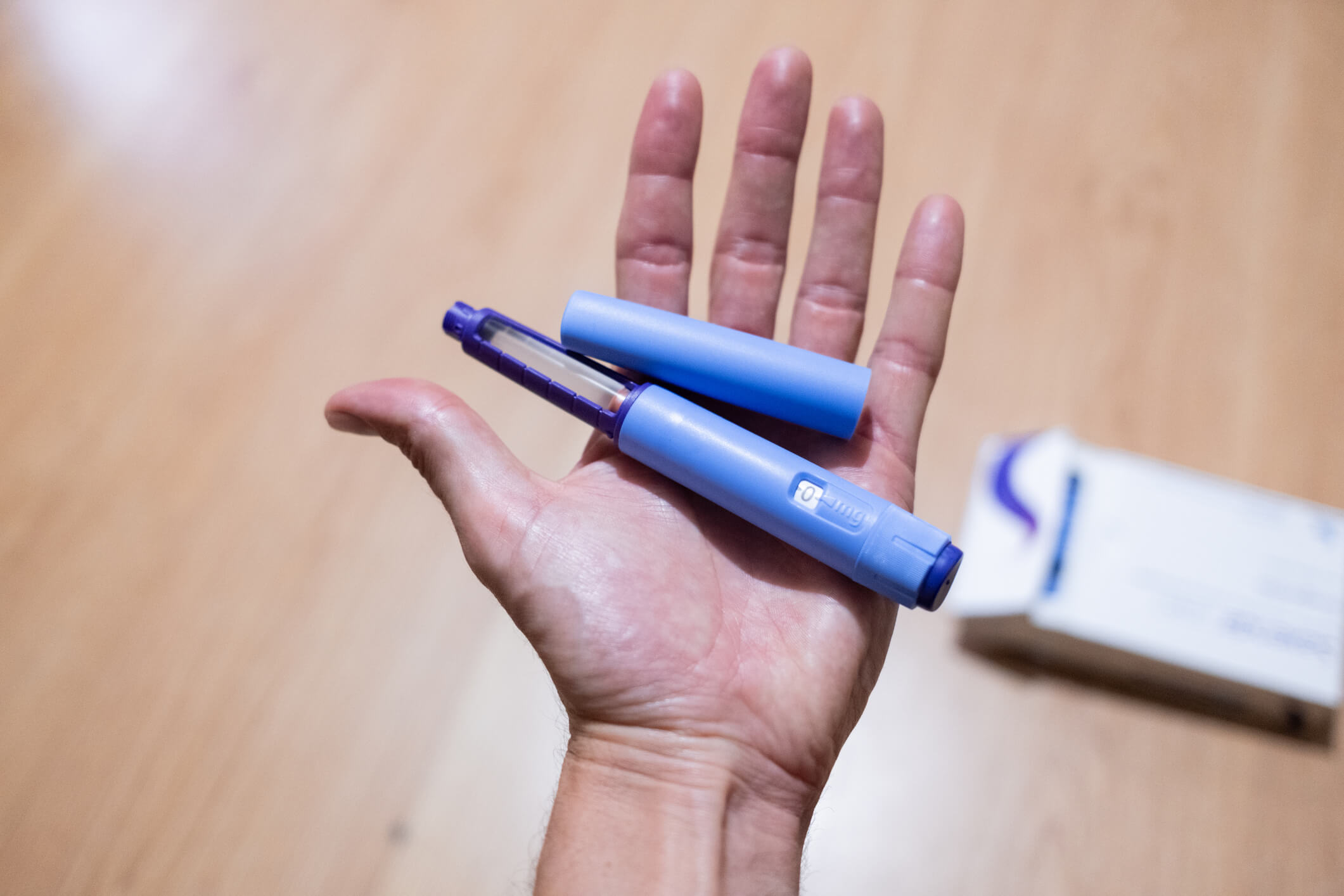
A recent study is raising interest into whether a simple daily multivitamin can help improve memory, cognition, and brain function in the hope of delaying Alzheimer’s disease and related dementia.
The randomized, double-blind trial – considered to be the strongest study design – followed 2,262 older women and men over three years. The researchers studied whether taking a cocoa extract daily versus placebo, and a commercial multivitamin-mineral (MVM) daily versus placebo, improved cognition.
The cocoa extract did not have an effect on cognition. But to the researchers’ surprise, the MVM group had improved global cognition, episodic memory, and executive function.
“It was a big reveal, and I was just stunned,” said lead researcher Laura Baker, PhD, professor of gerontology and geriatric medicine at the Wake Forest University School of Medicine. “Even if it offers just a small protection, it’s something to get excited about.”
The controversy over vitamin supplements
There are many claims from the manufacturers of vitamin and mineral supplements regarding their impact on physical health and mental well-being when it comes to Alzheimer’s and brain health. But actual research on the health benefits of multivitamins has been mixed.
According to the National Center for Complementary and Integrative Health, part of the National Institutes of Health (NIH), only a few trials of natural products and supplements to prevent cognitive decline, Alzheimer’s disease, or other dementias have shown some modest effect on brain health. However, there was no direct evidence when it came to preventing Alzheimer’s disease or other types of dementia.
A 2013 study that looked at whether multivitamins could improve cognition concluded that they had no effect. However, that study was conducted only with older male physicians, who were not a representative sample of the U.S. population and who could have been too well-nourished to benefit from a multivitamin.
The recent findings
Dr. Baker’s team concluded that there was a statistically significant benefit in taking a vitamin and mineral supplement, particularly in people with cardiovascular disease. Correcting for normal aging and other factors, they concluded that the multivitamin slowed the loss of cognitive function by 1.8 years, or 60%.
The reason behind these findings, however, is still unclear, and Dr. Baker is quick to point out that further study is needed. “There are no answers yet as to why the data showed that effect,” Dr. Baker said. “We’re deep into getting an NIH grant ready for a new study. We also want to continue to follow the people in the (original) study.”
The new study would expand the number of participants to 6,000 and would include more diverse populations than the original study, 89% of whom were white. “Health equity is big for me,” she said. “We want to make sure the data is real. We want to include people with lower educational and socioeconomic backgrounds, and we may include more people with cardiovascular disease.”
Dr. Baker said some of the questions to be answered include understanding who is most likely to benefit from multivitamin use, what dose is best, and what parts of the multivitamin are most important.
The MVM used in the study was Centrum Silver, commonly available at pharmacies and large grocery stores. “It’s very safe and very accessible,” Dr. Baker said. “If further studies support our findings, it’s very easy to get it out into the community. The only thing to watch for is what other medications people are taking. But it contains micronutrients and minerals that we all need.”
Follow-up studies may ultimately have important public health implications for improving or protecting cognitive function in older adults. “If you told me that I could take something that slowed my cognitive aging by 60%, I’d take that,” Dr. Baker said. “There are no hidden dangers, and if it can help hold people’s head above water for a little while longer, I think it’s worth taking.”
About BrightFocus Foundation
BrightFocus Foundation is a premier global nonprofit funder of research to defeat Alzheimer’s, macular degeneration, and glaucoma. Since its inception more than 50 years ago, BrightFocus and its flagship research programs—Alzheimer’s Disease Research, Macular Degeneration Research, and National Glaucoma Research—has awarded more than $300 million in research grants to scientists around the world, catalyzing thousands of scientific breakthroughs, life-enhancing treatments, and diagnostic tools. We also share the latest research findings, expert information, and resources to empower the millions impacted by these devastating diseases. Learn more at brightfocus.org.
Disclaimer: The information provided here is a public service of BrightFocus Foundation and is not intended to constitute medical advice. Please consult your physician for personalized medical, dietary, and/or exercise advice. Any medications or supplements should only be taken under medical supervision. BrightFocus Foundation does not endorse any medical products or therapies.








